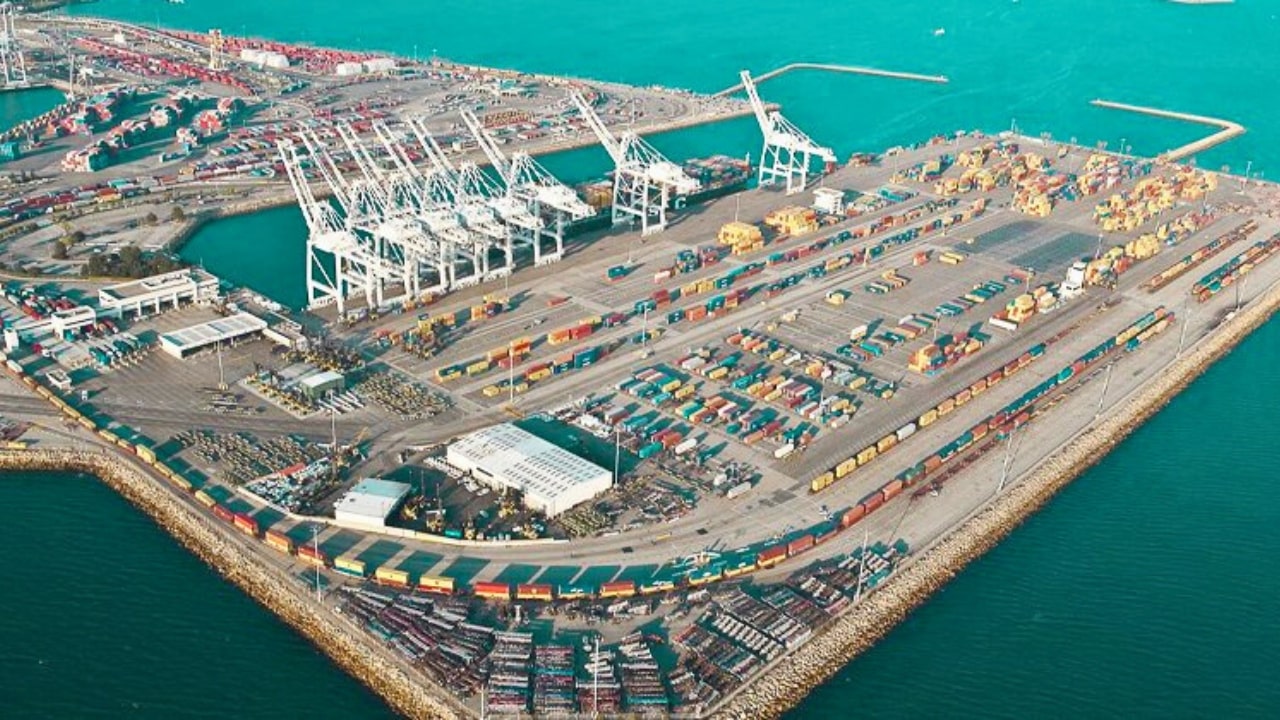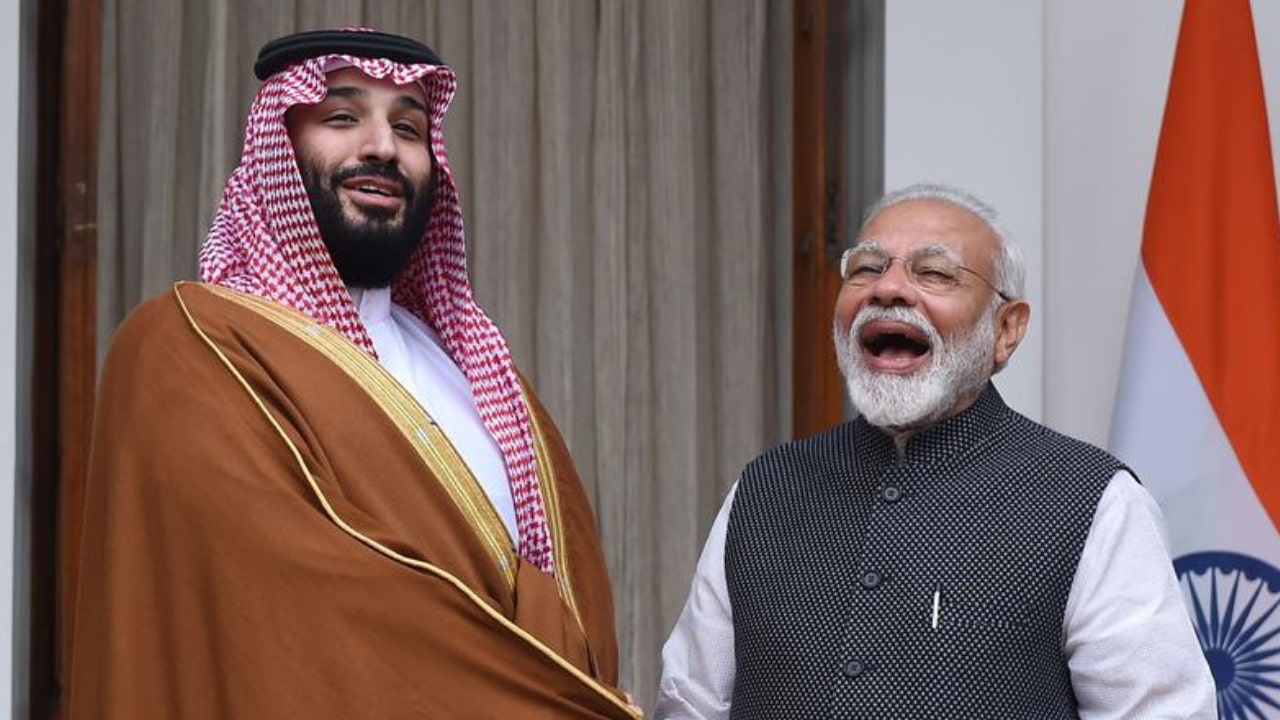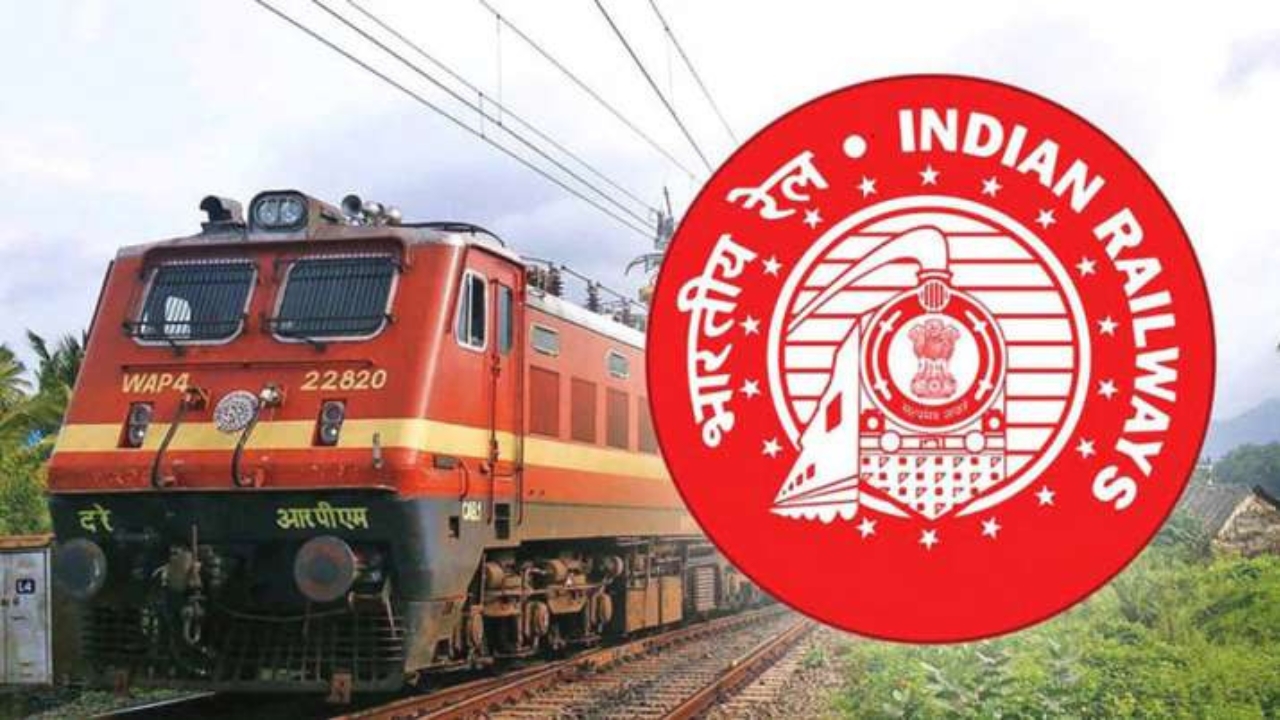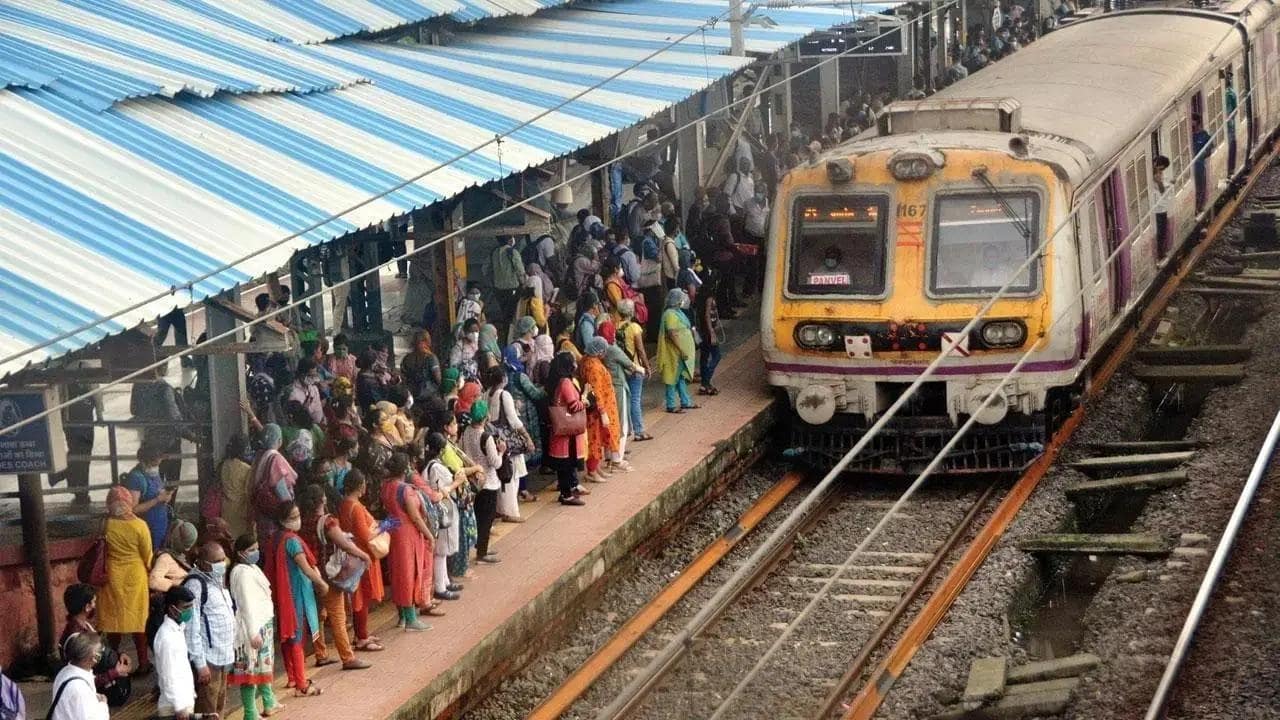Chabahar Port Deal: India has signed a 10-year deal to develop and operate Iran’s strategic Chabahar port, which provides access to landlocked Afghanistan and Central Asia, bypassing ports in its western neighbour and arch-enemy Pakistan. To promote trade relations with Asian countries.
India’s importance in this port can be gauged from the fact that India did not even care about America’s sanctions for this port deal. After all, let us understand how important this port is for India.
Risk Of US Sanctions On India
India’s Shipping Minister Sarbananda Sonowal said, “This port serves as an important trade artery connecting India with Afghanistan and Central Asian countries. As New Delhi seeks to strengthen ties with an important Middle Eastern nation.”
However, the deal risks sanctions from the United States, with which India has developed close economic and military ties in recent decades.
US State Department spokesman Vedant Patel told reporters, “Any entity, anyone considering a trade deal with Iran, should be aware of the potential risk and the potential risk of sanctions that they are taking.”
However, Indian officials have de-escalated the tension. On Wednesday, External Affairs Minister Subrahmanyam Jaishankar told reporters that New Delhi would “explain the benefits” of the agreement to the US. He urged countries “not to take a narrow view of it.”
What Is The Chabahar Port Deal?
India Ports Global Limited (IPGL) and Iran’s Ports and Maritime Organization (PMO) have signed a long-term agreement allowing New Delhi to upgrade and operate a terminal at Chabahar port over 10 years.
Located in Iran’s southeastern Sistan-Baluchestan province and on the Gulf of Oman, Chabahar Port consists of two separate ports – Shahid Kalantari and Shahid Beheshti. India will operate a terminal in Shahid Beheshti, and as per the new agreement, it will invest $120 million in equipment. An additional $250 million line of credit facility for related projects in the port brings the value of the contract to $370 million.
The two countries began talks on the project in 2003, but no actual development occurred due to US sanctions targeting Iran. Tehran and New Delhi resumed talks after Washington eased sanctions on Iran under the 2015 nuclear deal.
A trilateral agreement to develop the port was signed during Indian Prime Minister Narendra Modi’s 2016 visit to Iran. Both India and Iran are looking for alternative routes to Afghanistan, bypassing Pakistan.
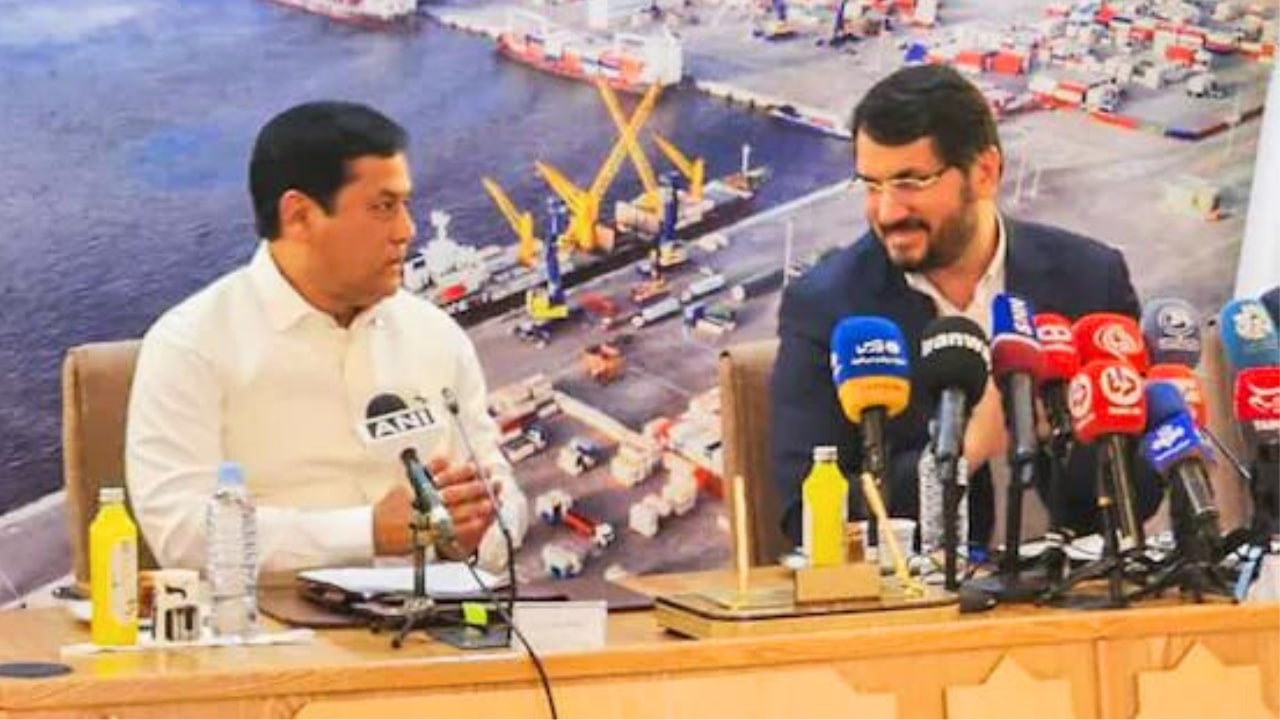
At the time, New Delhi promised to invest $500 million to rebuild the 600-metre (1969 ft) long container handling facility to develop the deep-sea port as a transit hub. Chabahar, located about 140 km (87 mi) west of Pakistan’s Gwadar port, was developed as part of China’s Belt and Road Initiative (BRI).
In December 2017, the first consignment of Indian wheat for Afghanistan passed through Chabahar, giving India an alternative to the land route through Pakistan.
In 2018, former US President Donald Trump withdrew from the nuclear deal and reimposed sanctions on Tehran, again limiting operations at the Chabahar port.
Why Is Chabahar Important?
With its fast-growing $600 billion manufacturing industry, India has ambitions to trade more closely with its inland neighbours in the West. Still, hostile relations with Pakistan mean land routes to sell goods remain limited. They are being forced to use it, which is costly.
However, the Chabahar port protects India from transactions with Pakistan. India can transport goods through this route, first to Iran and then to Afghanistan and resource-rich landlocked countries like Uzbekistan and Kazakhstan, using rail or road networks. Can deliver your goods till. An Indian official has even mentioned delivering goods to Russia.
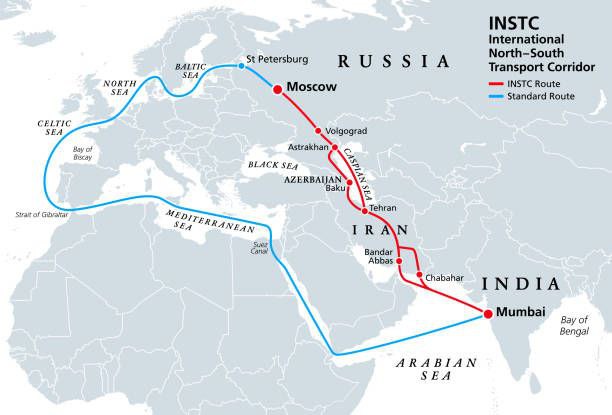
For India, Chabahar is “one of the centerpieces of its neighborhood policies” and a gateway to greater investment opportunities in West and Central Asia.
Can America Impose Sanctions On India?
America has imposed limited sanctions on India twice in history, in 1974 and 1998, both times when India conducted nuclear tests.
However, India and America have strengthened their relations significantly, and today, they have become each other’s closest strategic partners. Although India does not officially recognize any sanctions imposed on nations unless the United Nations approve them, India has refrained from using the Chabahar Port due to US sanctions.
Until a few years ago, India bought most of the oil from Iran, but since 2018, when then-US President Donald Trump pulled out of the Iran nuclear deal and imposed stringent sanctions on Tehran, India has stopped buying Iranian oil.
Nevertheless, in 2018, New Delhi successfully lobbied Washington to secure specific exemptions to Chabahar-related sanctions, convincing the US that the transit route could help Afghanistan, a US-held territory. There was a major security interest. An under-construction railway link connecting Chabahar port to Afghanistan was also exempted from the sanctions.
But, now India’s friendship with Iran, when there is a war going on between Israel and Hamas in Gaza, it is meaningless to expect relaxation in sanctions from America. Some analysts say that Afghanistan is also no longer a major interest for the US after its exit from the country in 2021.
Nevertheless, experts believe it seems difficult for America to impose sanctions on India.
Gulshan Sachdeva of Jawaharlal Nehru University said, “Imposing sanctions on the Indian economy over such a small issue is highly unlikely.” “In a worst-case scenario, only the entities involved in the Chabahar port deal may be subject to some of the sanctions,” he told Al Jazeera.
India is one of the fastest-growing economies in the world. However, analysts say US sanctions on the country would likely be controlled and would not affect global trade.
Suppose India moves forward despite the real threat of US sanctions. In that case, it will also be a signal to Washington, said Sarang Shidore, director of the Global South Program at the Quincy Institute for Responsible Statecraft, a Washington-based think tank.
He said, “If India moves forward, it means that India will continue to pursue its interests, regardless of Washington’s priorities to align them with its strategic objectives.”
